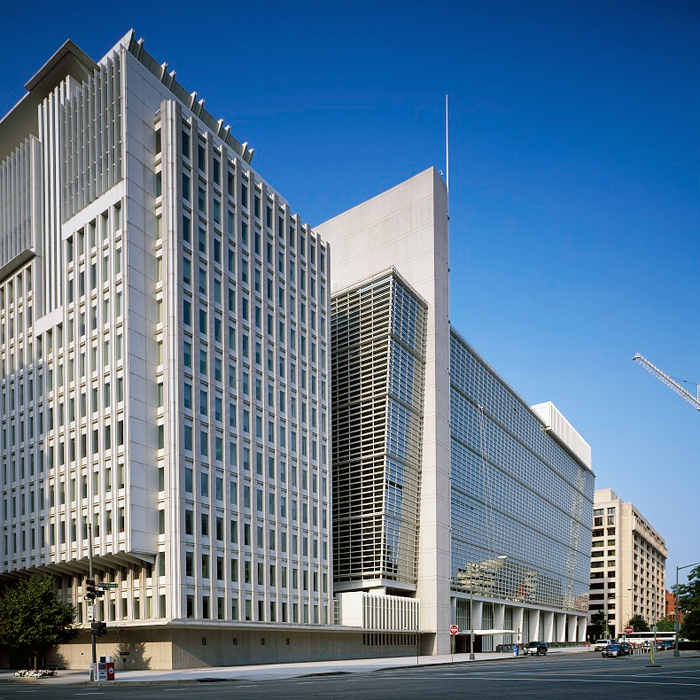World Bank Cuts Russia’s 2020 Growth Forecast

(Moscow Times – themoscowtimes.com – January 9, 2020)
The Russian economy is expected to grow by 1.6% in 2020 and by 1.8% in 2021, the World Bank said in its latest forecast Wednesday.
The multilateral development bank trimmed Russia’s forecast for this year by 0.1 percentage point from its previous outlook, but kept its 2021 forecast intact.
Stable oil production and the government’s $400 billion national investment program fueled by last year’s value-added tax (VAT) hike are expected to “buoy” Russia’s growth, the World Bank said.
“Nevertheless, private investment remains tepid in the projection, due to policy uncertainty and slowing potential growth over the longer term as demographic pressures increase, and as structural problems, such as the lack of competition, accumulate,” it said.
The bank estimated Russia’s economy slowed down to 1.2% in 2019 over “softer-than-expected investment and trade, together with a continuation of international economic sanctions.”
Other contributing factors include softer industrial activity, OPEC oil production cuts and pipeline-related disruptions, as well as substantially weaker retail sales volumes after the VAT hike and low consumer confidence.
Russia is one of eight countries that still drove much of the emerging market improvement, the World Bank said.
Argentina and Iran are expected to emerge from recessions in 2020, and prospects are expected to improve for five countries other than Russia that struggled with slowdowns in 2019: Brazil, India, Mexico, Saudi Arabia and Turkey.
Globally, the World Bank shaved 0.2 percentage points off of its growth forecasts for an outlook of 2.4% growth in 2019 and 2.5% in 2020. It attributed the global slowdown to a slower-than-expected recovery in trade and investment despite cooler U.S.-Russia tensions.
2019 marked the weakest economic expansion since the global financial crisis a decade ago, the bank said. 2020, while a slight improvement, remains vulnerable to uncertainties over trade and geopolitical tensions.
Both trade and overall economic growth prospects remain vulnerable to flare-ups in U.S.-China trade tensions as well as rising geopolitical tensions. World Bank officials said they were not able to estimate the growth effects of a wider U.S.-Iran conflict, but said this would increase uncertainty and hurt investment prospects as a result.
Reuters contributed reporting to this article.
